
Dangerous chemicals in dental cleaners and sterilising tablets: Should I avoid SLS? (2025) - Dr. Jack Pinnar-Smith
Sodium Lauryl Sulfate, or SLS, is a common ingredient in many personal care and cleaning products, including oral appliance sterilising tablets. While SLS can effectively clean and sterilise oral appliances, it also poses potential risks that consumers should be aware of.
Sodium Lauryl Sulfate is a synthetic detergent and surfactant that is widely used in personal care and cleaning products. It is added to toothpaste, body wash, shampoo, and household cleaning products because it creates a rich lather and helps to remove dirt and oil from surfaces.
While SLS is generally considered safe in small quantities, there are several potential risks associated with its use.
- Oral irritation: SLS can cause oral irritation, particularly for those with sensitive teeth or gums. It can cause burning sensations, mouth ulcers, and gum inflammation.
- Allergic reactions: Some individuals may develop an allergic reaction to SLS, which can cause itching, redness, and swelling.
- Dry mouth: SLS can also contribute to dry mouth by reducing saliva production, which can lead to tooth decay and other oral health issues.
- Environmental concerns: SLS is not easily biodegradable and can accumulate in waterways, potentially harming aquatic life.
When it comes to sterilising oral appliances, there are steps you can take to avoid the potential risks of SLS.
- Choose SLS-free tablets: Look for oral appliance sterilising tablets that are specifically labeled as SLS-free. Zima Dental are proud that their sterilising tablets are SLS-free.
- Follow instructions carefully: It is essential to follow the instructions carefully when using oral appliance sterilising tablets to ensure that you are using the product safely and effectively.
- Rinse thoroughly: After using the sterilising tablets, be sure to rinse the oral appliance thoroughly to remove any residue.
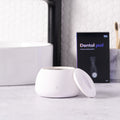
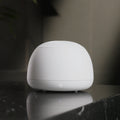
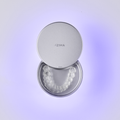

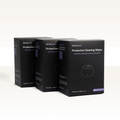

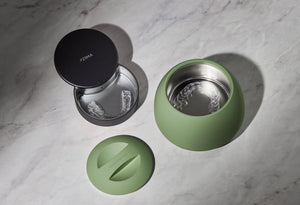
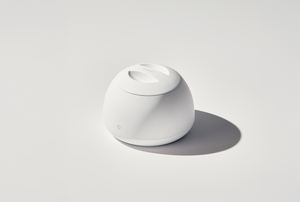

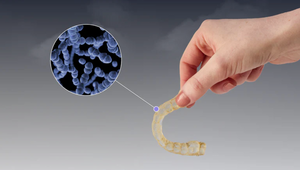
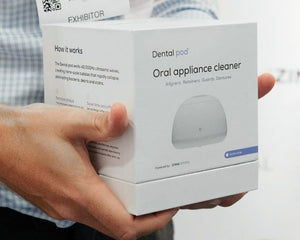


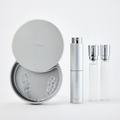

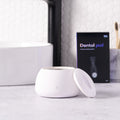
Leave a Comment